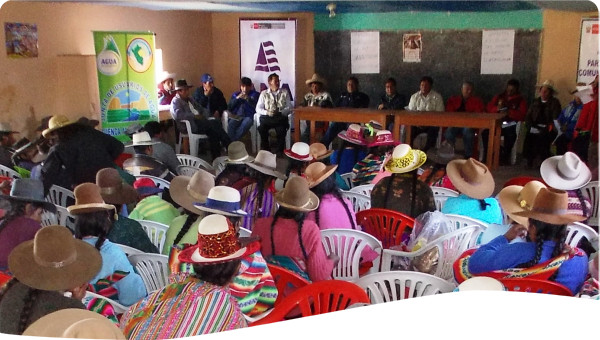River Basin Management (RBM) as an approach to sustainable water use has become the dominant model of water governance. Its introduction, however, entails a fundamental realignment and rescaling of water-sector institutions along hydrological boundaries. Creating such a new governance scale is inherently political, and is being described as politics of scale. This paper analyzes how the politics of scale play out in the institutionalization of RBM in Mongolia. It furthermore scrutinizes the role of the broader political decentralization process in the introduction of RBM, an issue that has so far received little attention. Finally, it assesses whether the river basin is an adequate water management scale in Mongolia.
This article finds that institutionalizing RBM in Mongolia is indeed a highly political negotiation process that does not only concern the choice of the governance scale, but also its detailed institutional design. It furthermore reveals that Mongolia’s incomplete political decentralization process has for a long time negatively impacted the decentralization of water-related tasks and the implementation of RBM. However, the 2011 Budget Law and the 2012 Water Law provide for a fiscal strengthening of local governments and clearer sharing of responsibilities among the various different institutions involved in water management. Nevertheless, only if the 2012 Water Law is complemented by adequate by-laws – and if the newly created river basin institutions are adequately equipped – can RBM be effectively put into practice.
This article confirms the usefulness of a politics-of-scale approach to understand scalar practices and changes in water management. However, the article also argues for a broadening of the analytical perspective to take the interdependencies between changes in water governance and other political processes, such as decentralization, into account.
 Resource -
Resource -
